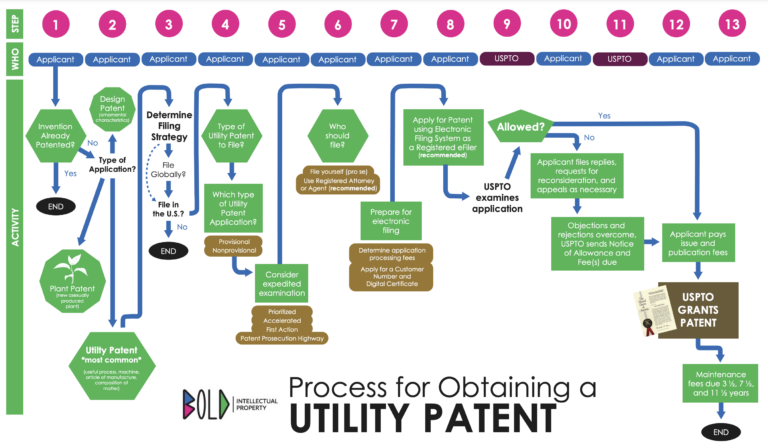Difference Between Lawyer and Attorney Explained: Understanding the Key Terms
When seeking legal assistance, it’s important to understand the terminology surrounding legal professionals. The terms “lawyer” and “attorney” are often used interchangeably, but they have subtle differences that could impact your decision when choosing legal representation. Understanding these distinctions can help clarify the type of services you need and who you should turn to for your legal matters. In this article, we will explore the difference between a lawyer and an attorney, explaining their roles, qualifications, and how they serve clients.
What Does It Mean to Be a Lawyer?
A lawyer is a general term used to describe someone who has completed law school and is educated in legal matters. Lawyers are trained in legal theory, have passed the necessary exams, and are licensed to provide legal advice. However, a lawyer may not necessarily represent clients in court or perform other specific legal tasks that require active legal practice. Lawyers are skilled in offering legal counsel, drafting documents, and guiding individuals or organizations through the legal process. It’s important to note that while all attorneys are lawyers, not all lawyers are attorneys.
What Makes an Attorney Different from a Lawyer?
An attorney is a lawyer who has been granted permission to represent clients in legal matters, particularly in court. Attorneys must pass a state bar exam, which certifies them to handle legal cases within a particular jurisdiction. The term “attorney” implies that the person not only has legal education but is also qualified to act on behalf of clients in a legal capacity. An attorney can represent clients in court, file lawsuits, and negotiate settlements. Essentially, while all attorneys are lawyers, the reverse is not true, as not all lawyers have the qualifications to act as attorneys.
The Role of a Lawyer vs. Attorney in Legal Practice
The primary difference between a lawyer and an attorney lies in their ability to represent clients in court. Lawyers offer legal advice and may draft contracts, wills, and other legal documents, but they are not authorized to appear in court unless they have passed the bar exam and been admitted as an attorney. Attorneys, on the other hand, have the necessary credentials to take a case to trial, present arguments, and advocate for their clients in front of a judge or jury. This distinction can be crucial, especially when you require someone to represent you in a legal dispute or court proceeding.
Can a Lawyer Become an Attorney?
Yes, a lawyer can become an attorney by passing the state bar exam. Once a lawyer has passed the bar exam and fulfilled other jurisdictional requirements, they are granted the title of “attorney” and can represent clients in court. This transition allows the lawyer to take on more responsibilities and act as a legal advocate. In many cases, lawyers who wish to broaden their scope of practice will pursue attorney status by taking the necessary steps to become licensed attorneys, expanding their legal career options.
Why Is the Distinction Important When Hiring Legal Help?
The distinction between a lawyer and an attorney is particularly important when you need specific legal representation. If you’re involved in a legal dispute that could end up in court, you’ll want to hire an attorney who is qualified to represent you. For matters that require legal advice, such as drafting contracts or estate planning, a lawyer may be sufficient. Understanding the qualifications and limitations of both can ensure that you hire the right professional for your needs, whether you’re facing a lawsuit or simply need guidance on legal matters.
FAQs About the Difference Between a Lawyer and Attorney
1. Can a lawyer represent me in court?
A lawyer cannot represent you in court unless they are also an attorney. Attorneys are qualified to act on your behalf in legal proceedings.
2. Are lawyers and attorneys the same thing?
No, they are not the same. All attorneys are lawyers, but not all lawyers are attorneys. The key difference is that an attorney is licensed to represent clients in court.
3. Do I need a lawyer or an attorney for legal advice?
You can consult a lawyer for legal advice, as they are trained in legal matters. However, if you need to go to court, you will need an attorney.
4. Can a lawyer become an attorney?
Yes, a lawyer can become an attorney by passing the state bar exam and meeting other requirements to represent clients in court.
5. What should I look for when hiring a lawyer or attorney?
When hiring a lawyer or attorney, consider their area of expertise, experience, qualifications, and whether they are licensed to practice in your jurisdiction, especially if your case requires court representation.

